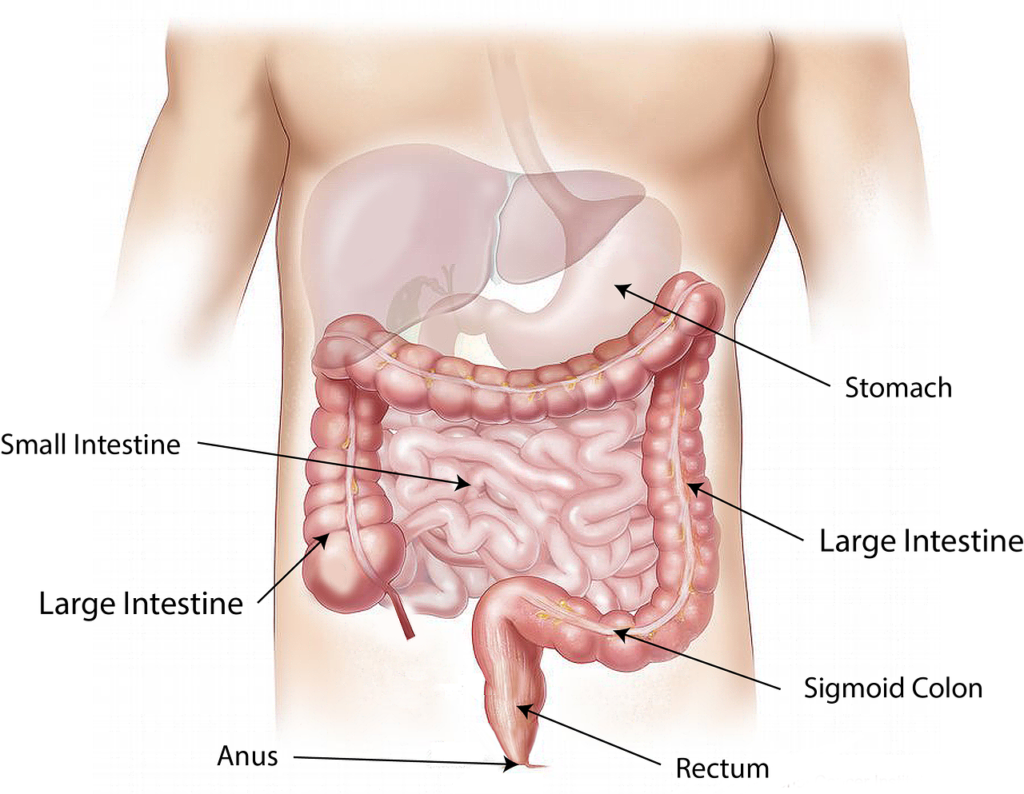Type 2 diabetes: Understand the root cause
Millions of people around the world; teenagers, middle age group people, the elderly and even children all of us have been conditioned to believe that once you are diagnosed with diabetes and you are prescribed medication for diabetes, you have to continue taking it every single day. Two types of diabetes. Type 1 diabetes and type 2 diabetes. We have to follow 4 principles for reversing type 2 diabetes. To know more about 4 principles for well-being, read this article, https://sparklinglifestyle.in/four-4-principles-for-wellbeing/
Type 1 diabetes is caused by genetics and type 2 diabetes is caused by sedentary lifestyle and unhealthy eating habits. Diabetes can be reversed when it is not caused by genetic disorders. However, even then the condition can still definitely be managed in a healthy way with minimal damage to the body because of the medicines you may be on. Next, we will learn the impact of diabetes on the body, how you can reverse it, prevent it or improve your condition. To reverse diabetes, you should be willing to take personal responsibilities for your own health and body. If you want to reverse diabetes you must first understand how the human body works.

Causes of type 2 diabetes:
Most cases of diabetes are caused by an unhealthy lifestyle. It means that when we reverse or change the lifestyle to something better, we can reverse the disease. The problem is that people do not want to take personal charge of their health and bodies but rather entrust doctors, nutritionists, physiotherapists, psychologists and healers with the responsibility of fixing them. it doesn’t work that way. Eating too much processed and packaged foods increases blood sugar level rapidly. Let’s understand the etiology of disease. The most important hormone for diabetes is insulin.
Etiology of type 2 diabetes:
Diabetes is a metabolic disease that causes high blood sugar. Every time you eat food, it digest. The breakdown of carbohydrates, protein and fats cause your blood sugar to rise. When this happens, your pancreas needs to produce insulin. Insulin carries glucose from your blood and knocks against the cell doors of your muscle and fat. Your cells hear the knock open your fat and muscles store glucose for energy breakdown in future.
Sometimes these cells get resistant to insulin. This means the insulin is knocking against the cell door, but the cells don’t hear the knocks. so, then the glucose stays in the blood. As a result, the pancreas produces more and more insulin until the knock is loud enough for the cells to open and take in that glucose. If this keeps happening over and over, your pancreas starts losing the ability to produce more insulin. This leads to type 2 diabetes.
Type 1 diabetes is classified as the condition when your pancreas cannot produce insulin anymore and you need to inject it into your body. Therefore, diabetes is not just about the amount of sugar and low glycemic index (GI) food you eat. There is much more on it. Now the question is, why don’t your cells open up when insulin knocks against it? Why are pancreases not strong enough to produce enough insulin to take that glucose and put it in your cells? Let’s understand in depth.
The two main factors that seem to not respond to insulin are (1) excess body fat, especially around your belly and a lack of physical activity. (2) Fat inside our muscle cells and blood stream create toxicity and free radicals that can block the insulin signaling process.
Diabetes is a nutritional deficiency disease, that means elevated levels of glucose in the blood act as diuretics. Diuretics means anything that flushes out matter through urine. So, there is loss of nutrients through urine when you have high glucose levels in your blood. Therefore, some of the symptoms of Diabetes are the frequent urge to urinate, excessive thirst and hunger, tiredness in feet and legs and changes in vision. Due to the effect of diuretics, Vitamin B complex (from B1 to B12) Vitamin C, D, magnesium, potassium, chromium, calcium, sodium, copper and zinc gets deplete.
Symptoms of type 2 diabetes:
Vitamin B complex increases your cell sensitivity towards insulin, which means your cells need them to recognize that knocks and open up to take that extra glucose. Low Vitamin C and D3 levels are indicators of low immunity. Low immunity doesn’t have the energy to listen to the knock of insulin. Because of magnesium deficiency, most diabetic patients experience calf pain, muscular pain and pain in their joints. Depletion of electrolytes leading to cellular dehydration and chronic muscle spasm. Cellular dehydration decreases the entry of your cell and prevents it from hearing the knock of insulin. Function of minerals is to sensitize cells to insulin. Deficiency of these minerals decreases insulin sensitivity.
Conclusion:
We have learnt the root cause of type 2 diabetes, so you should check your cause and have to tried to resolve it. To get more information about root cause of diabetes, and how to reverse diabetes by following healthy eating habits and right lifestyle, do visit my website and follow my Instagram page.



Leave a Comment